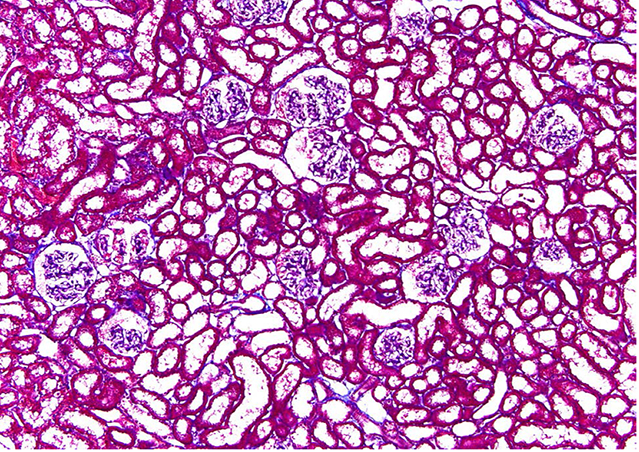
Adult type 2 diabetics are at very high risk of obesity-associated hypertension, where the end result can be as grave as heart failure. The systems involved in the human body regarding these conditions can be complex, but scientists have identified cases of stroke and refractory hypertension that harbored increased plasma IgG, 5-hydroxytryptamine 2A receptor (5-HT2AR)-targeting autoantibodies.
Serotonin 2A-Receptor Decoy Peptide Lowers Blood Pressure
The goal was to test whether a decoy receptor peptide could lower blood pressure in an animal model of obesity-associated hypertension. The team developed the decoy receptor peptide, SCLLADDN (Sertuercept), and LifeTein synthesized it successfully for the project. Using Zucker hypertensive diabetic fatty rats as the model, the team proved their theory.
Results showed after implementing the decoy receptor peptide, acute and long-lasting significant systolic and diastolic blood pressure-lowering occurred within the rat models. This followed through without any long-term side effects after chronic administration. Hopefully, these results are fruitful in later applications and the same peptide can be used to help significantly lower blood pressure in humans afflicted with type 2 diabetes as well.
Zimering MB. A Serotonin 2A-Receptor Decoy Peptide Potently Lowers Blood Pressure in Male Zucker Diabetic, Fatty, Hypertensive Rats. Endocrinology, Diabetes and Metabolism Journal. 2021 Aug;5(2). DOI: 10.31038/edmj.2021523. PMID: 35035793; PMCID: PMC8759716.
A linear synthetic peptide, SCLLADDN (SN..8 or P4) having a sequence
identical to that of a fragment of the second extracellular loop region of the human 5-
hydroxytryptamine 2A receptor was synthesized at Lifetein, Inc (Hillsborough, NJ) and
had > 95% purity. Substitutions of SCLLADDN containing a single alanine amino acid
replacement, e.g. SALLADDN, SCLLADAN were synthesized at Lifetein, Inc (Hillsborough,
NJ) and had purity of > 95%.
Grinberg, M.; Burton, J.; Pang, K.C.; Zimering, M.B. Neuroprotective Effects of a Serotonin Receptor Peptide Follow-ing Sham vs. Mild Traumatic Brain Injury in the Zucker Rat. Preprints 2023, 2023050004. https://doi.org/10.20944/preprints202305.0004.v1
